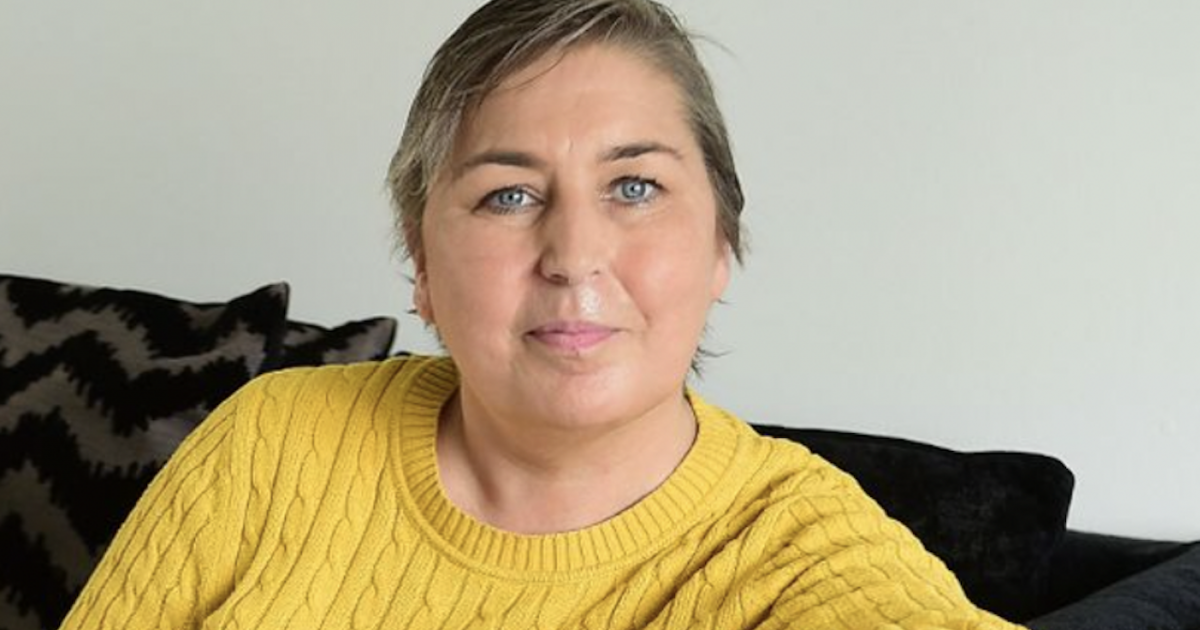Teacher Battling Brain Cancer in Scotland
- A teacher in Scotland is battling brain cancer and believes she contracted cancer from contaminated water at the school where she worked for three years teaching math.
- The mom of three has glioblastoma (GBM), the most aggressive primary brain tumor.
- There is hope for patients through new clinical trials, including one using the modified poliovirus. Patients diagnosed with GBM may consider care at a top institution and enroll in a clinical trial.
The Mirror in the United Kingdom reports that Watt “believes it was caused by washing her hands with toxic ‘blue water‘ at the school she worked at.” Watt says her brain cancer was the result of “ground contamination” along with chemicals in the water she dranks from at the school, and used to wash her hands.
Read MoreUnderstsanding Brain Cancer & Glioblastoma
Watt’s type of brain cancer is glioblastoma. Glioblastoma is the most common form of brain cancer and is extremely aggressive. The life expectancy for those diagnosed with glioblastoma currently stands at two years, but thanks to years of research there may be a new option for those battling the disease.
A relatively new treatment option called Optune was approved by the Food and Drug Administration in October 2015 and is available to adults aged 22 or older. This tumor-treating therapy comes in the form of a cap that attaches to a patient's head, where electric currents run through adhesive pads. These currents disrupt the division of cancer cells, which can delay the disease from progressing and thus extend the survival time for some patients.
"I just want to emphasize to patients that when I first started doing this in 1999, there were maybe less than 5% of patients with this disease that were alive two years," Dr. Suriya Jeyapalan, a neuro-oncologist at Tufts Medical Center, told SurvivorNet in a previous interview. "Now we're getting out to maybe a third of patients alive at five years. This is not your father's brain tumor, and I want to sort of give a message of hope to patients. In the future we'll add to these treatments and make it even better."
Coping with a Cancer Diagnosis
Coping with a diagnosis of cancer is not easy. Many people may experience grief, anxiety, fear, and even depression. It’s important to take care of your mental health through your cancer journey.
In an earlier interview, Dr. Scott Irwin, Director, Supportive Care Services at Cedars-Sinai Medical Center, speaks about depression in people battling cancer. He says, "Depression is a really interesting topic, because a lot of people assume that, oh, they have cancer. "They must be depressed. That's actually not true. 85% of patients do not get what would be considered a clinical depression. 15% do."
Dr. Irwin continues, "For prescribing medications for depression in the context of cancer, I often try to choose medications with the lowest side effect profile."
Treating Depression After a Cancer Diagnosis
Learn more about SurvivorNet's rigorous medical review process.


